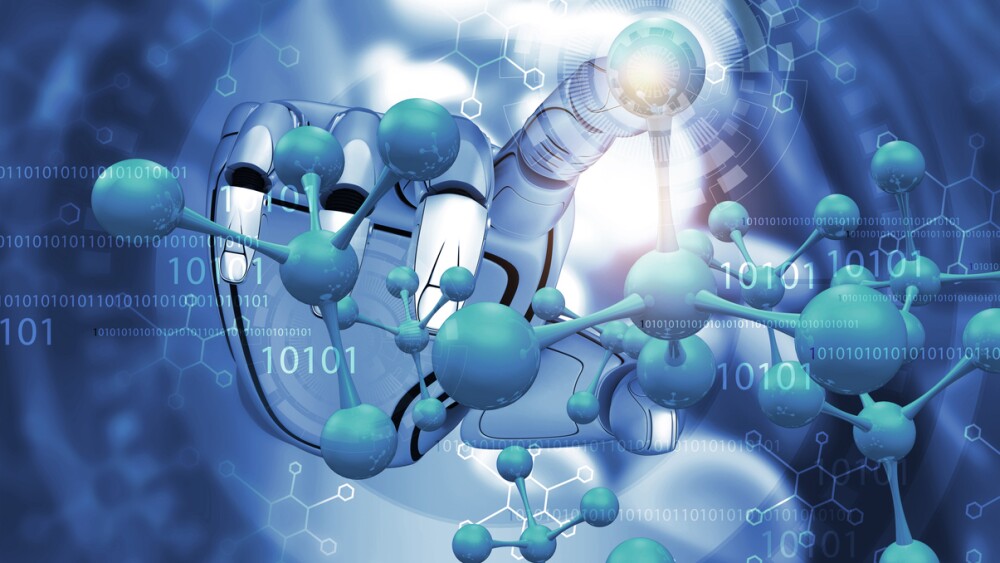Animal model for the study of Chronic Myocardial Infarction indicates, for the first time, regenerative potential in a pig’s heart using uncultured autologous adipose-derived regenerative cells prepared at point of care.

Animal model for the study of Chronic Myocardial Infarction indicates, for the first time, regenerative potential in a pig’s heart using uncultured autologous adipose-derived regenerative cells prepared at point of care.
HOUSTON--(BUSINESS WIRE)-- InGeneron, Inc., a regenerative medicine and cell therapy company, today announced the publication of promising results in developing a novel treatment for chronic ischemic heart failure using its regenerative cell therapy platform.
A newly-released research paper published in the World Journal of Stem Cells provides missing pieces of evidence for a fundamental change in the treatment of chronic ischemic heart failure, showing efficacy and safety of a novel stem cell treatment in cardiology. Patients with heart failure as a consequence of previous myocardial infarction are a large and currently underserved patient population, due to the lack of regenerative treatment options.
The publication, performed in a pig model for the study of chronic myocardial infarction, evidences for the first time that regeneration of the damaged tissue in the heart - responsible for chronic ischemic heart failure - is possible. Specifically, the study demonstrates that InGeneron’s fresh, uncultured, autologous adipose derived regenerative cells (UA-ADRCs) - isolated and administered at point of care - provide a significant improvement of cardiac circulatory parameters in chronic ischemic heart failure. The results show that the mean cardiac output increased by 37%, the mean left ventricular mass increased by 29% and the mean relative amount of scar volume of the left ventricular wall decreased by 21% six weeks after treatment with the cells. All results were statistically significant compared to the control group. Notably, on average only 18 gram of adipose tissue were required to recover the averaged 18 million cells injected to achieve the reported effects.
The findings represent an important step in research, laying the foundation for new frontiers on cardiac regeneration of chronic ischemic heart failure in human patients. While previous studies indicated that stem cells (including UA-ADRCs) might be of benefit in acute myocardial infarction, this benchmark had previously not been achieved by studies of autologous stem cells for chronic heart failure following myocardial infarction.
Haenel et al., the authors of the publication, attribute the success of the study to two important improvements over previous attempts. The primary success factor was the use of InGeneron's technology for isolating the stem cells at point of care. In this regard, a recent publication by Winnier et al. (PLoS One 2019;14:e0221457) demonstrated that the technology used (Transpose®RT / Matrase™; InGeneron, Inc., Houston, TX, USA), provides the highest published number of living, uncultured, autologous, adult pluripotent stem cells recovered per gram of adipose tissue.
The second differentiator to all previously published results for myocardial regeneration is the application method to the damaged heart. Haenel et al. administered the stem cells retrograde through the heart’s venous system, precisely to the area in need of regeneration. This retrograde injection technique, combined with a temporary blockage of the coronary vein at the level of a previous arterial occlusion, allowed the stem cells to overcome the endothelial barrier and thereby created a homogenous distribution of injected cells throughout the damaged myocardial tissue.
Dr. Eckhard Alt, Executive Chair of InGeneron, Inc. and senior author of the study, commented "this therapy, which may be performed in an ambulatory setting without the known risks associated with major anticoagulation, delivers the stem cells in about 15 minutes and involves a total treatment time of approximately 3 hours. This gives hope that millions of patients suffering from chronic ischemic heart failure might benefit from rebuilding the heart with their own stem cells".
The study, entitled "Unmodified autologous stem cells at point of care for chronic myocardial infarction", by Haenel et al. was published in the World Journal of Stem Cells on October 26, 2019.
While the company is advancing its ongoing clinical programs for key orthopedic conditions, additional studies are designed to validate the clinical potential of stem cells in patients with coronary artery disease and chronic heart failure.
About InGeneron
InGeneron is a clinical stage cell therapy company enabling novel, safe and evidence-based regenerative medicine therapies. Our purpose is to set new therapeutic standards by developing treatments that unlock the healing potential of each patient’s own regenerative cells processed at the point of care for same-day application. We focus on helping patients who are impacted by musculoskeletal indications and are pursuing research to extend the application of our platform technology to additional treatment areas.
View source version on businesswire.com: https://www.businesswire.com/news/home/20191031005528/en/
Contacts
Jon Stone
On behalf of InGeneron
612.475.5955
jon@stonecommunications.net
Source: InGeneron, Inc.
View this news release online at:
http://www.businesswire.com/news/home/20191031005528/en





